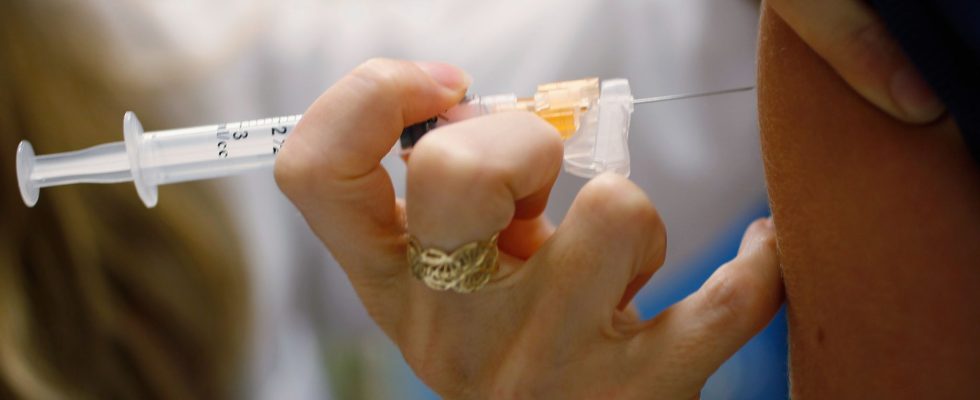Vaccination against human papillomaviruses (HPV) will finally become a public health problem for both women and men. From the start of the 2023 school year, a “generalized” vaccination campaign will begin in the 5th grade classes of French colleges, as Emmanuel Macron had promised at the start of the year. An extension necessary both to protect boys from certain cancers and to hope, ultimately, to eliminate these diseases.
A recent study published in the scientific journal The Lancet Global Health has in fact shown that 31% of men are affected by a variant of the papillomavirus and 21% are carriers of an oncogenic HPV, that is to say capable of causing cancer. According to the survey conducted in 35 countries between 1995 and 2022, while the vast majority of infected men remain asymptomatic and develop fewer cancers than women, all sexually active men are “an important reservoir of genital HPV infections “, continues the study.
“This meta-analysis of Lancet confirms empirical and theoretical elements: the HPV virus is found everywhere, it is extremely transmissible”, commented to AFP Emmanuel Ricard, spokesperson for the League against cancer and public health doctor. study: while HPV infections are frequent in women at the start of their sexual life and tend to decrease with age, they remain numerous in men until they reach the age of 50. According to the International Agency for Research on Cancer , Quoted by The Lancetapproximately 69,400 cases of cancer in men caused by HPV were recorded in 2018 worldwide.
6,000 new cancers per year
In France, HPV vaccination has been recommended for girls aged 11 to 14 since 2007, and for boys since 2021 only. However, each year, HPV – the English abbreviation for “human papillomavirus” – are responsible for more than 6,000 new cases of cancer in France. Most often, these are cancers of the cervix, which cause 1,100 deaths per year, of the vulva or vagina, but also of the ENT sphere, the anus or the penis.
Vaccinating boys therefore has a first obvious benefit: the injection protects them directly against cancers and warts of the anogenital area (penis and anus), for which the effectiveness of the vaccine has already been established. Another expected gain: “Probable protection against ENT cancers, more frequent in men, induced by HPV”, indicates to AFP Judith Mueller, epidemiologist doctor, professor at the School of Advanced Studies in Public Health (EHESP) and researcher at the Institut Pasteur.
Limit transmission
Vaccinating young boys, future sexual partners and spouses, should also reduce the risk of transmission of these viruses. Last January, Arthur Sadoun, boss of the French communication group Publicis, broke a taboo on this little-known link by publicly evoking his tonsil cancer, caused by HPV. He had also invited to testify the American actor Michael Douglas, also affected by ENT cancer due to the virus. “Boys get infected with girls, girls with boys, and there are girls who get infected with girls and boys with boys, summarizes the spokesperson for the League against cancer and public health doctor , Emmanuel Ricard. At some point, if we want to stop the circulation of the virus, we have to vaccinate everyone.”
On a practical level, “the gender-neutral vaccination recommendation will be easier to promote, believes Judith Mueller. Communication no longer needs to be targeted only at young girls, but only at young people”. According to the researcher, vaccinating boys is all the more important as the current coverage is today “not yet optimal”. Their vaccination will also accelerate the reduction of the risk of cancer of the cervix.
With good communication and information for families, “future college campaigns have the potential to raise vaccination coverage among girls and boys to a level that will provide significant protection,” concludes Judith Mueller. As a reminder, at the end of 2022, 48% of girls and 13% of boys aged 15 had received at least one dose of vaccine. However, the WHO’s objective is to obtain global vaccination coverage of… 90% by 2030.
